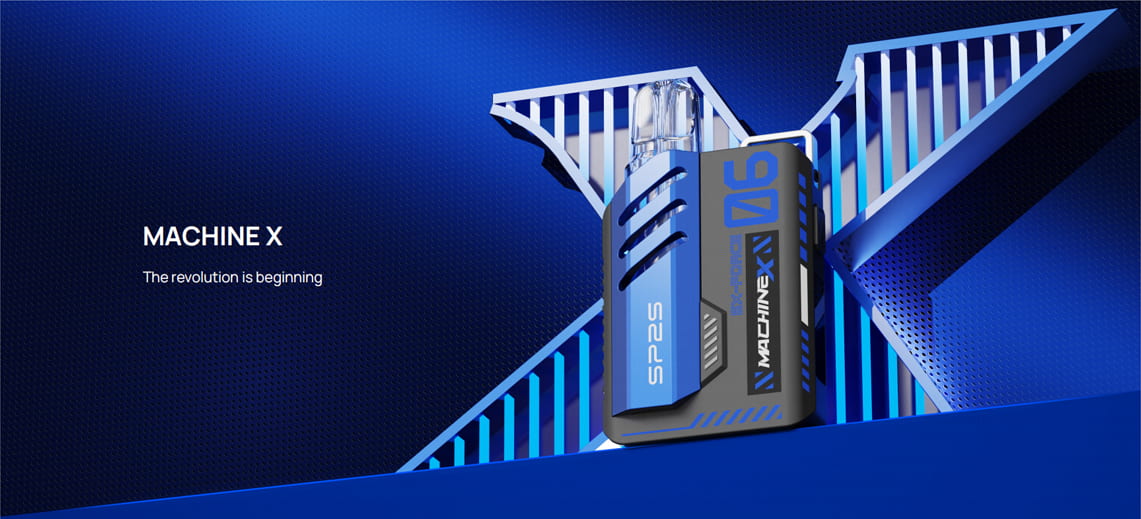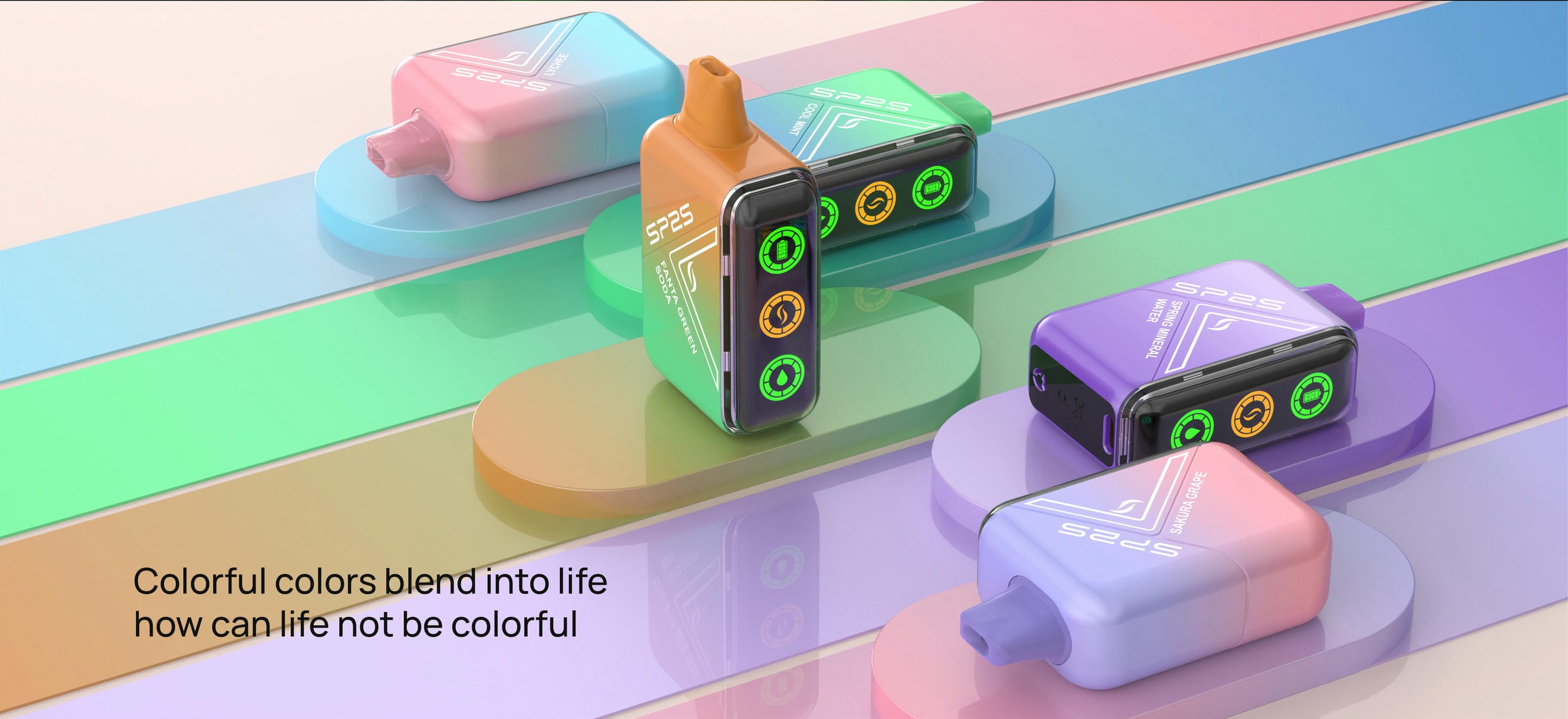As the use of vapes surges in Australia, the government has begun to implement stricter control measures, particularly in relation to smoking areas and product availability in public places. The rapid increase in vaping among young people has raised concerns among the government and health experts, prompting the need for more stringent regulations to curb this trend. In response, vape companies are also adapting to these changes, ensuring their products meet the evolving regulatory landscape in Australia.
Stricter Vape Regulations Across Australian States
Vaping has seen explosive growth among young people in Australia. According to the Australian Alcohol and Drug Foundation, in 2019, around 5% of people aged 18 to 24 were using vapes, but by 2022-2023, that figure skyrocketed to 21%. Notably, the use of vapes among teenagers, especially those under 14, has significantly increased, reaching 7%.
This trend has raised concerns about public health, prompting state governments to enforce stricter smoking policies. For instance, Victoria has expanded its no-smoking zones to include areas within 4 meters of restaurant entrances and 10 meters of outdoor recreational areas. New South Wales has imposed strict limits on where vapes can be used, banning vaping in nearly all indoor public spaces and many outdoor locations.
Furthermore, South Australia has introduced new smoking laws from 2024, with fines for vaping in public places reaching up to 750 AUD. Offenders could face fines of up to 1,050 AUD if prosecuted. These measures demonstrate the consistency and severity of Australia's approach to addressing the public health challenge posed by vaping.

Vincent: Vape Surge Prompts Expansion of No-Smoking Zones
Vincent, a prominent city in Western Australia, has recently proposed tightening vape control measures. Since late 2022, Vincent has implemented no-smoking measures in several downtown areas, and with the sharp rise in vaping rates, the city council is considering further expanding these areas in upcoming public health plans.
Vincent's Mayor, Alison Harmon, pointed out that the use of vapes has increasingly surpassed traditional cigarettes over the past few years, making it a central focus of the city's health management. The city council plans to engage in community consultations to better understand public needs and adjust smoke-free zone policies accordingly. Harmon stated that the growing popularity of vaping requires the government to take stricter measures to ensure air quality and the health of the community.
New South Wales: Increased Penalties to Combat Illegal Vape Market
New South Wales has adopted a more aggressive stance in its vaping regulation. In 2024, the state government announced higher fines for illegal vape suppliers, with penalties reaching up to 1.54 million AUD and imprisonment terms extended to seven years. This measure aims to combat the circulation of unapproved vape products, especially those entering the teenage market, which poses significant public health risks.
The state government has already seized over 300,000 illegal vape products and plans to further strengthen market oversight, particularly through training for pharmacy retailers and pharmacists to ensure the sale of only legitimate products. Health Minister Ryan Park emphasized that the goal of these actions is to eliminate the illegal market and protect young people from harmful vape products.

The Compliance Trend in the Vape Industry
As vape regulations continue to tighten, industry compliance has become increasingly important. More e-cigarette companies are adjusting their product strategies to ensure compliance with Australian government regulations. Legal vape products in Australia must meet strict quality standards and adhere to laws regarding advertising, sales, and usage.
Consumer education is also becoming increasingly critical. Many e-cigarette brands are actively promoting the correct use of vapes through their websites, social media platforms, and offline events, particularly emphasizing how to keep vaping products away from minors. Furthermore, more brands are working on developing vapes with safer, non-harmful materials to ensure the health of consumers.
Future Regulatory Trends in the Vape Industry
As Australian states continue to tighten their vape regulations, global regulations in the e-cigarette industry are also becoming more stringent. It is expected that as more countries and regions introduce similar laws, the vape industry will face higher entry barriers and stricter regulatory requirements. In the future, vape companies will not only need to focus on product quality and compliance but also strengthen communication and collaboration with regulatory bodies to ensure compliance with the latest regulations.
Additionally, with increased market regulation, consumers will have higher expectations for product transparency and safety. Vape brands will need to take greater responsibility in ensuring their products are safe, legal, and compliant, providing consumers with legally-approved and safe vape products.

SP2S: Committed to Compliance and Consumer Health
In light of the increasingly strict vape control measures in Australia, SP2S is committed to offering high-quality vape products that fully comply with local regulations. SP2S ensures that all products adhere to the latest public health standards in Australia, guaranteeing consumer safety.
SP2S also works closely with regulatory bodies to ensure all vape products meet global legal requirements. Furthermore, the company actively promotes consumer education on the correct use of vapes and the risks associated with vaping, particularly targeting younger demographics. SP2S’s goal is to provide safe, legal vape products for consumers while promoting the healthy development of the industry.

Leave A Comment
Your email address will not be published.